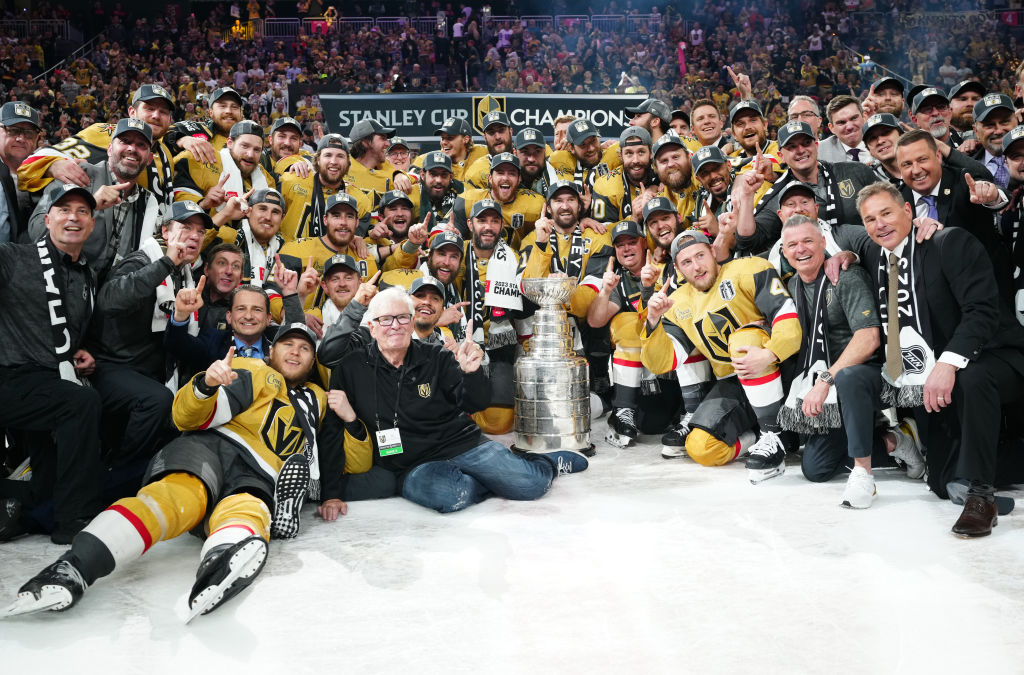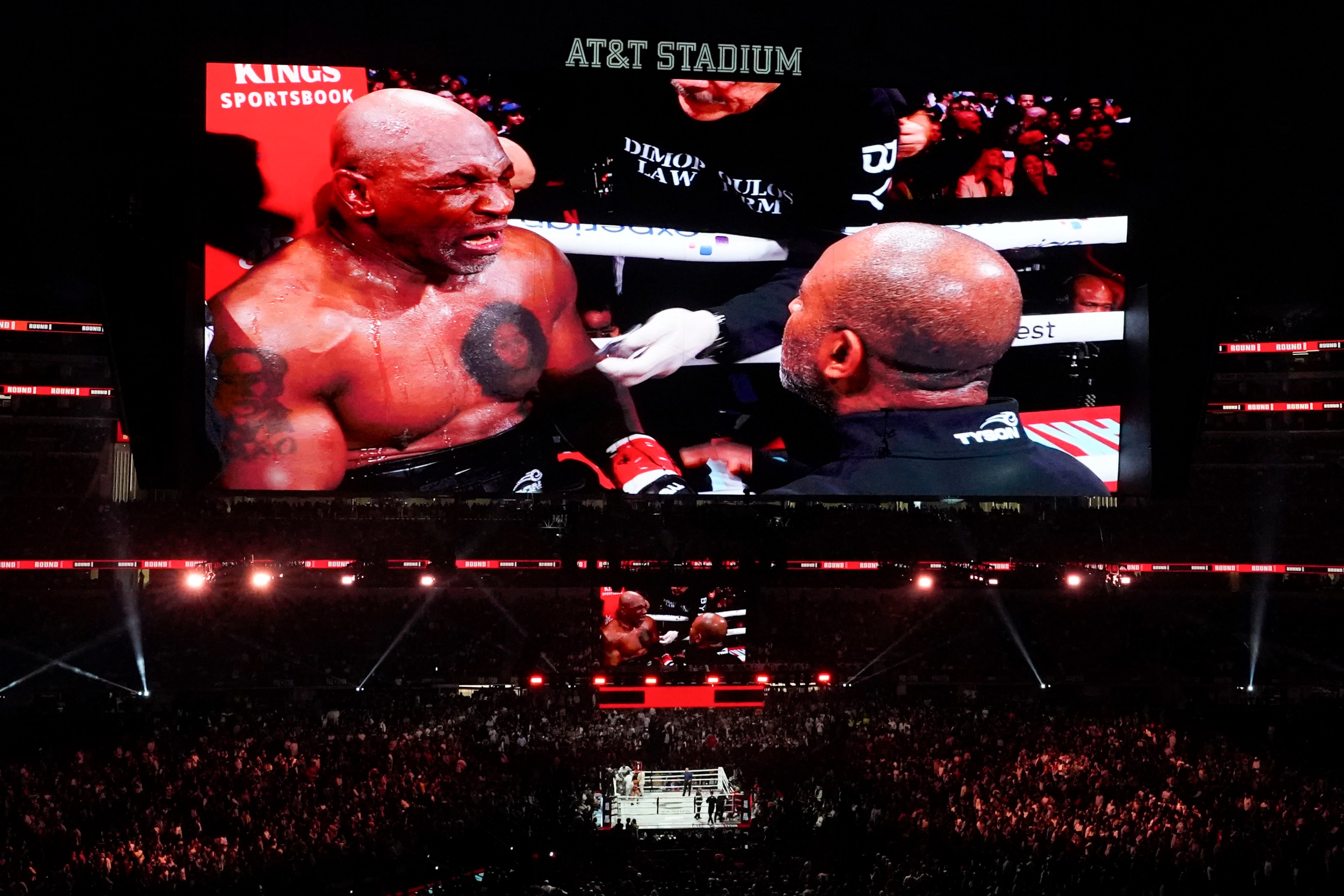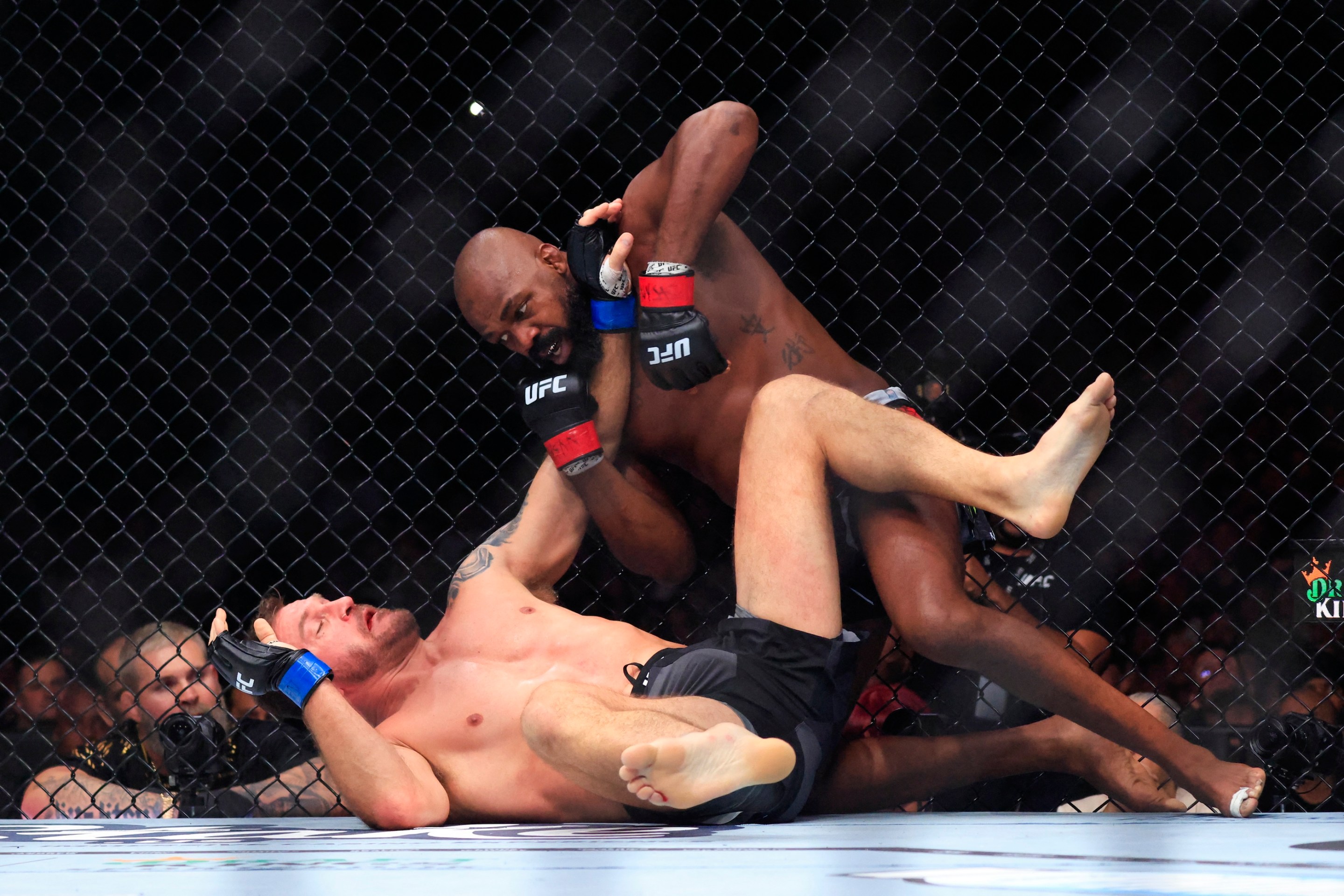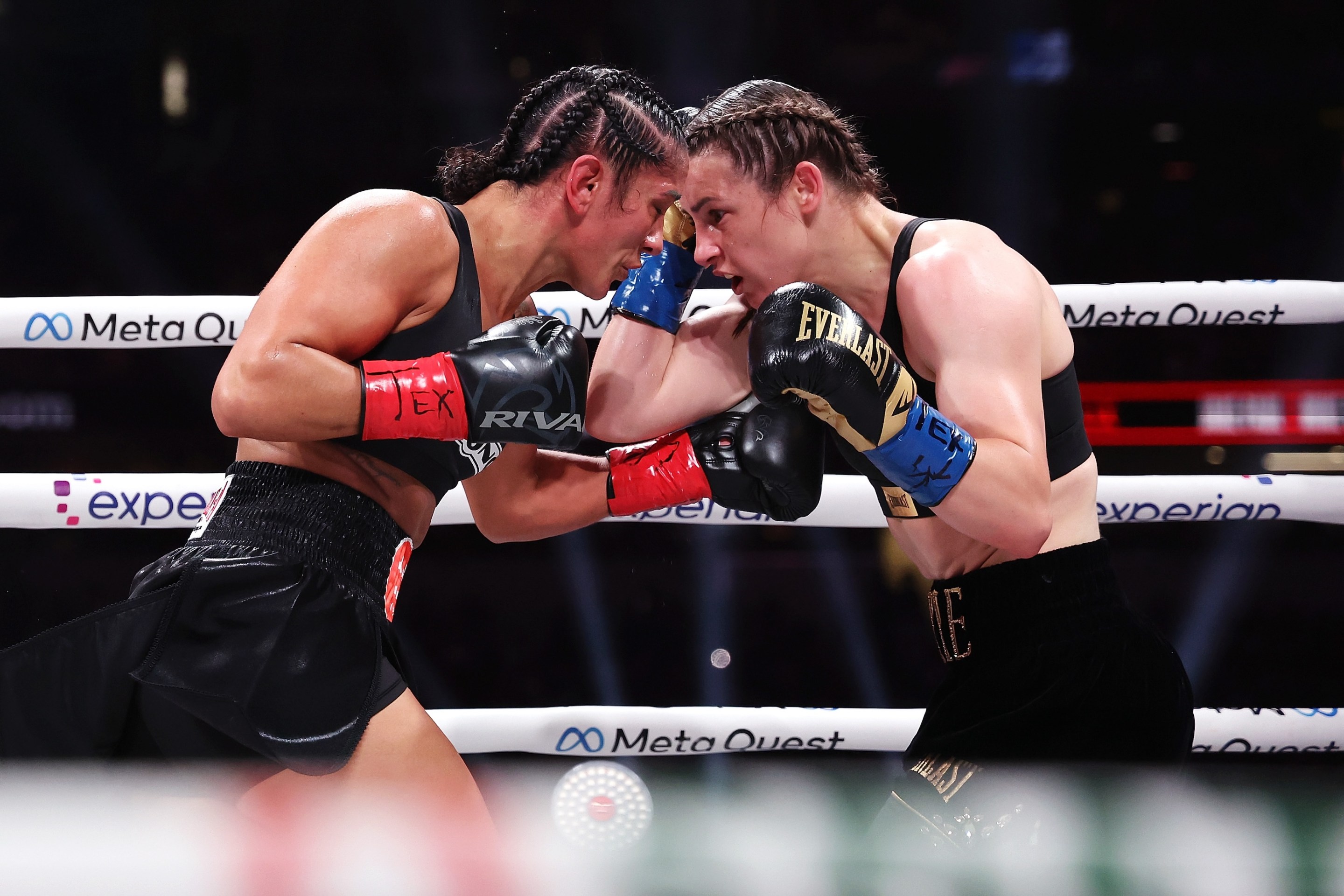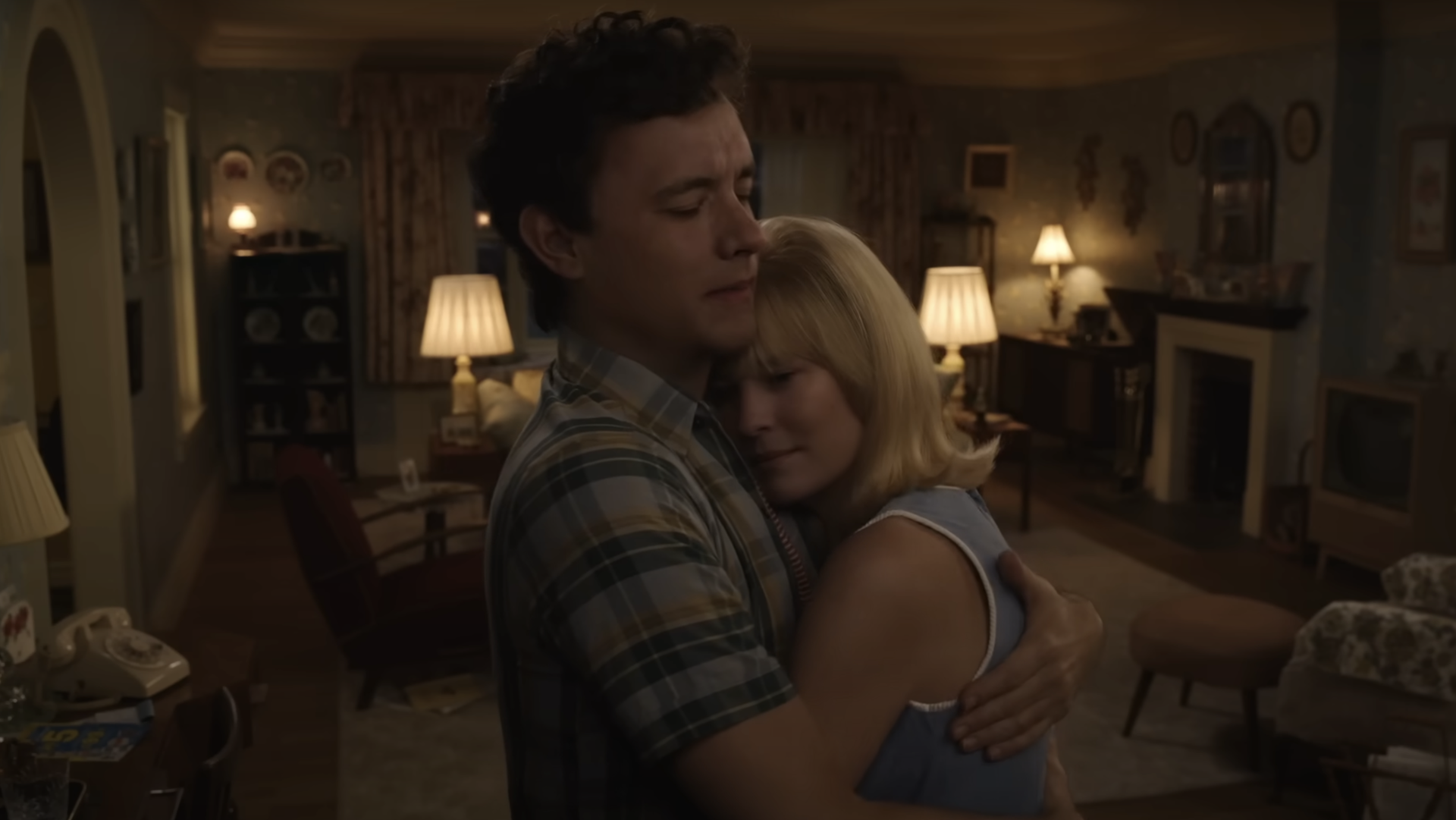I'd be lying if I said this was a particularly good rendition of the Stanley Cup playoffs. After an exciting start marked by surprises and newcomers, the last three rounds only saw one of seven series, and none of the last three, go the distance. This was a postseason that never hit the highest dramatic heights, and the Florida Panthers' disintegration in the climactic series, which ended with a 9-3 loss in Game 5 minus Matthew Tkachuk, was a serious disappointment.
But even if the games themselves lacked juice, the winners, the Vegas Golden Knights, are deserving champions. After a cursed-feeling 2021–22 in which they missed the playoffs for the first time in franchise history, this still-fledgling squad returned triumphantly as an all-around effective group that won the West in the regular season and decisively proved their superiority across four series in which they never faced an elimination game.
You can tell the story of Vegas from literally the very beginning, in 2017–18, when they shocked the sport by dominating from the first puck drop and fighting their way to the Stanley Cup Final. The impact of that expansion draft from six years ago remained impossible to ignore through this run. Jonathan Marchessault, the former Panther, led the team in scoring both during the regular season and the playoffs, won the Conn Smythe, and deserves a Vegas residency for as long as he wants it. And in a mean twist of fate for Florida, the other guy they parted with in the expansion draft, Reilly Smith, scored the official game-winner on Tuesday in the closest thing to a nostalgia act the Knights could muster. William Karlsson, their top scorer that very first year, and Shea Theodore, their stalwart defenseman, got the assists.
REILLY SMITH MAKES IT 4-1 VEGAS 🥵 pic.twitter.com/JCJLm19ubS
— Sportsnet (@Sportsnet) June 14, 2023
"This probably doesn't happen without them," Jack Eichel said about the six originals still with the team. "They came in here Year 1 and created something special. And not only a culture, but a belief. I'm so happy for those guys."
But there's a less-decorated version of the Knights that is those players and only those players. Plenty of bosses in the NHL could have hung a Campbell Bowl banner at the start of Year Two and declared their work done, proceeding to coast on the success of one fateful night of choices. But George McPhee and Kelly McCrimmon never trusted that one pleasant surprise would be enough to cement this team in the hearts of its city. In the following years, they hustled to keep the Knights relevant and competitive, and though the waters got pretty choppy last year, their brash and cutthroat moves paid off in spades. This was not just a cynical Vegas enterprise looking to take advantage of major sports' burgeoning love affair with explicitly endorsed gambling, but a franchise with its sights set on becoming a dynasty.
The best evidence is Mark Stone, the team captain who came here and signed an impressive contract after an eye-catching trade in the middle of 2018–19. Fans with sour grapes will say he's not even supposed to be here, owing to the fact that putting his salary on long-term injured reserve as he rehabbed his back allowed the Knights to add contracts like Ivan Barbashev's at the trade deadline, and reactivating him only after the regular season ended meant they didn't get crunched by the salary cap. But even if they ultimately benefited from the timing and the loophole, it's legal and noble and right to build a contender by opening your wallet as wide as it'll go. Every fan deserves a team that sees the cap as more of a yellow light than a red one. And until the NHL manages to close its loopholes, Stone's cathartic hat trick in Game 5 is the envy of every other GM and owner.
Less controversial among big-swing Vegas roster maneuvers is last season's Eichel trade. It wasn't long ago that the former No. 2 overall pick's entire future in this sport looked uncertain. He was physically incapacitated. The team he captained, Buffalo, wouldn't let him get the surgery he wanted. The relationship got ugly. And Vegas swooped in. His first games back on the ice, while an individual success, were a team disappointment. But this year, he was the straw that stirred the drink. His 20 assists in these playoffs is a number to be proud of, and particularly in this clincher, where he had three helpers, it felt like Eichel was everywhere, constantly hustling with and toward the puck as he did all the little things that help create goals. Look at all the trouble he caused on this one:
NIC HAGUE FINDS THE LOOSE PUCK AND VEGAS TAKES THE 2-GOAL LEAD 🤯 pic.twitter.com/sA36xrRUc3
— Sportsnet (@Sportsnet) June 14, 2023
From toiling on a loser to feeling abandoned by his employer to being a hero in the Stanley Cup Final, Eichel's relief stood out even in a scene as uniformly emotional as the aftermath of a championship.
"Coming here, being with these guys every day, it really changed my outlook on a lot of things," he said. "I started to really enjoy coming to the rink again."
There's one other front-office decision I need to mention, though this one mostly defies any logical explanation. As the Knights dealt with goalie injuries ahead of this year, they swapped a fourth-round draft pick with San Jose for a 26-year-old backup named Adin Hill, who'd never played more than 25 games in a season. While he performed admirably in that role for Vegas, nothing about Hill stood out even just a few months ago. Hill wasn't the goalie the team committed the most money to—that was the unavailable Robin Lehner. He wasn't the goalie with the Cup history—that was Jonathan Quick. He wasn't the goalie who'd played the most for Vegas in the regular season—that was Logan Thompson. He wasn't the goalie most beloved by the fans—that would still be Marc-André Fleury. And Hill wasn't even the goalie between the pipes at the start of the playoffs—that was Laurent Brossoit. But after the Oilers' attack proved too much for Brossoit in the second round, the net became Hill's responsibility, and he owned it. His 48 minutes of shutout hockey as the Knights won Game 3 to take a 2-1 lead in the Edmonton series now feel, in retrospect, like the turning point of the whole playoffs, and while his skaters afforded him plenty of protection, Hill's consistent work made everything that much easier and calmer for the champs.
These two contrasting types of moves are what, together, define Vegas. There's the kind where they just pluck an obvious star off the free agency market or the trade block, and there's the kind that laid the groundwork for this roster and continues to reinforce it—snagging guys who are unwanted or underused by their current teams and invisible to the rest of the NHL, until they find the right fit in Nevada. The Knights are a bold team, and a brainy team, and now, the best team.
